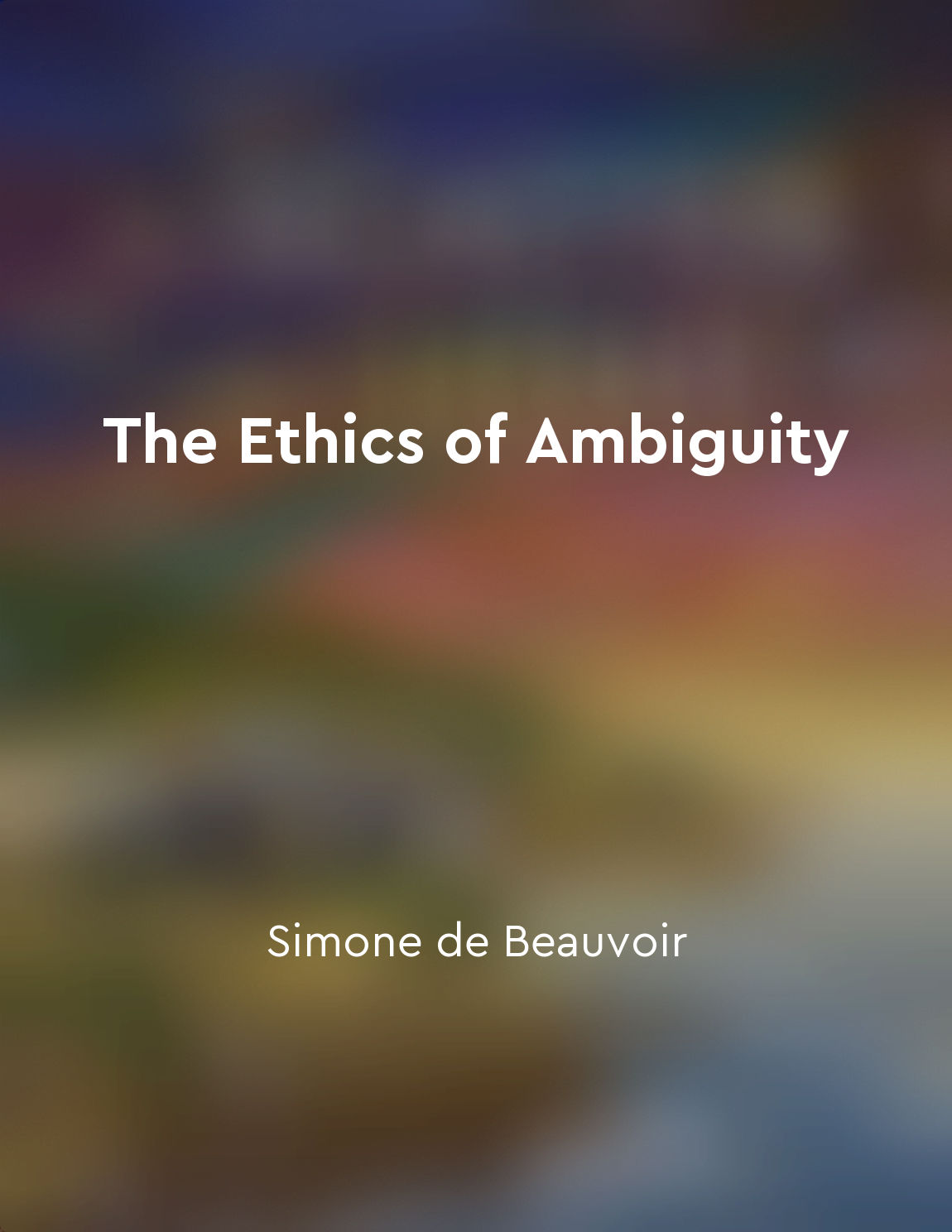Reason is the source of moral authority from "summary" of THE CRITIQUE OF PRACTICAL REASON by Immanuel Kant
Reason, according to Kant, is the ultimate source of moral authority. It is through reason that we are able to determine what is morally right or wrong, and it is reason that provides the foundation for our moral principles. Kant argues that moral principles must be based on reason rather than emotion or desire, as reason is the only faculty that can provide us with universal and objective moral truths. Unlike desires and inclinations, which can vary from person to person, reason is a faculty that is common to all rational beings. This universality of reason allows us to establish moral principles that apply to all individuals, regardless of their personal preferences or circumstances. In this way, reason serves as a unifying force that can guide our actions and choices in a consistent and rational manner. Moreover, reason enables us to make moral decisions that are based on principles rather than consequences. While consequences may be uncertain or unpredictable, moral principles derived from reason are absolute and unchanging. By following these principles, we can act in accordance with our moral duty without being swayed by external factors or personal interests. Kant emphasizes the importance of autonomy in moral decision-making, which he defines as the ability to act in accordance with one's own rational principles. Autonomy requires individuals to use their reason to determine what is morally right or wrong, rather than relying on external authorities or societal norms. By exercising autonomy, individuals can take responsibility for their actions and uphold their moral duty without being influenced by outside pressures.- Reason is the foundation of moral authority because it provides us with universal and objective moral truths, allows us to establish consistent and rational moral principles, and enables us to act autonomously in accordance with our moral duty. Through reason, we can transcend our personal desires and emotions and make ethical decisions that are guided by rational principles rather than subjective preferences.
Similar Posts
Treat humanity as an end, not a means
According to Immanuel Kant, treating humanity as an end in itself means not using others merely as a means to an end, but valui...

Society often imposes false absolutes on individuals
Society tends to create rigid categories and fixed labels that individuals are expected to conform to. These absolutes are ofte...
Change is inevitable and necessary for growth
The idea that change is both unavoidable and crucial for advancement is a fundamental truth of life. In our ever-evolving world...
Ethics of intellectual autonomy
Ethics of intellectual autonomy is a concept that emphasizes the importance of independent thinking and freedom of thought. It ...

Rationality involves updating beliefs in light of new information
In rationality, our beliefs must be responsive to new information. When we receive new evidence or data, we must be willing to ...
A morally good action is one that is done out of a sense of duty, not inclination
According to Kant, the moral worth of an action lies in the motivation behind it. He argues that a morally good action is one t...
Relying on reason can lead to more just and equitable societies
In a world filled with complex problems and conflicting interests, the ability to reason and think critically is more important...
Pragmatism emphasizes the practical consequences of beliefs
Pragmatism is a philosophical approach that places a strong emphasis on the practical consequences of beliefs. According to thi...
Moral duty
In the realm of moral philosophy, individuals are often thought to have certain obligations or responsibilities towards others....

Friendship is essential for moral flourishing
In the course of human life, friendship is the most significant relationship we can form. It is through the bonds of friendship...

